8 mastering myths debunked
We sort the gossip from the gold
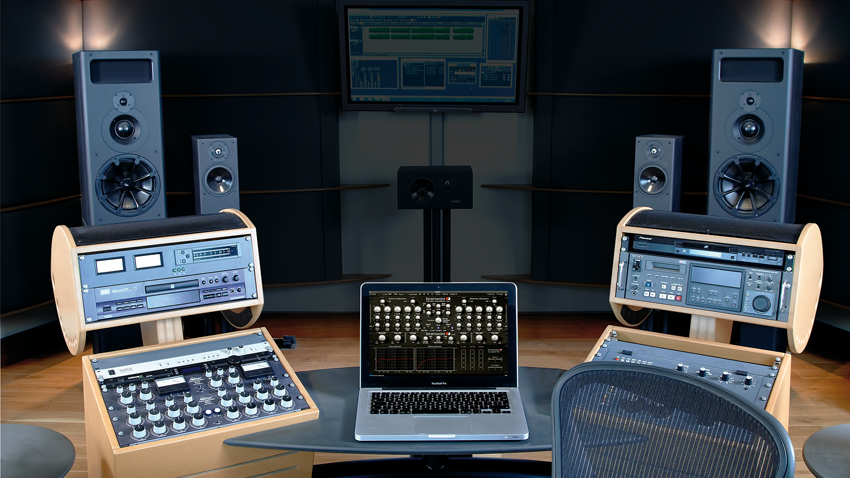
1. Don't worry about the mix, the mastering guy can fix it
MASTERING WEEK: No, no, no, no, NO! If you can ‘fix’ something in the mix, make sure that you do. Remember that mastering is the art of compromise.
While the mastering engineer can improve sound, balance and correct minor mistakes, if there is an opportunity to fix something early on in the mix then do so. Remember: the secret to a great sounding master is a great sounding mix. A mastering engineer cannot turn a terrible mix into an incredible sounding master.
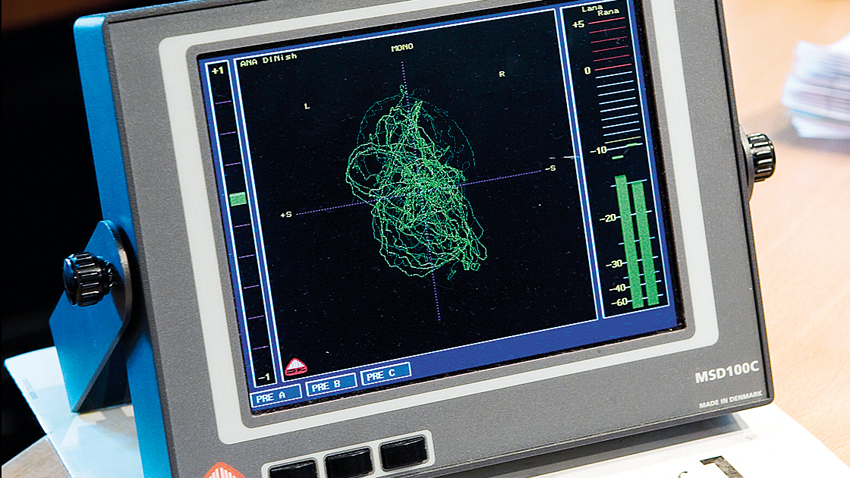
2. All the mastering guy will do is make your tracks loud
Loudness is not the ultimate goal of mastering music. Loudness will often be achieved through mastering, but there is much more to mastering than this.
Most importantly, mastering provides an element of quality control where the engineer uses their experience and opinion to decide if a project is ready to be released on the world, or if it could do with subtle processing to enhance the listening experience.
Mastering can also include editing fades, surgical EQ, tonal EQ, compression, reducing hum and hiss, adjusting volumes of tracks to match so the whole project feels like a smooth listening experience, ISRC codes and CD text, track spacing and also sequencing.
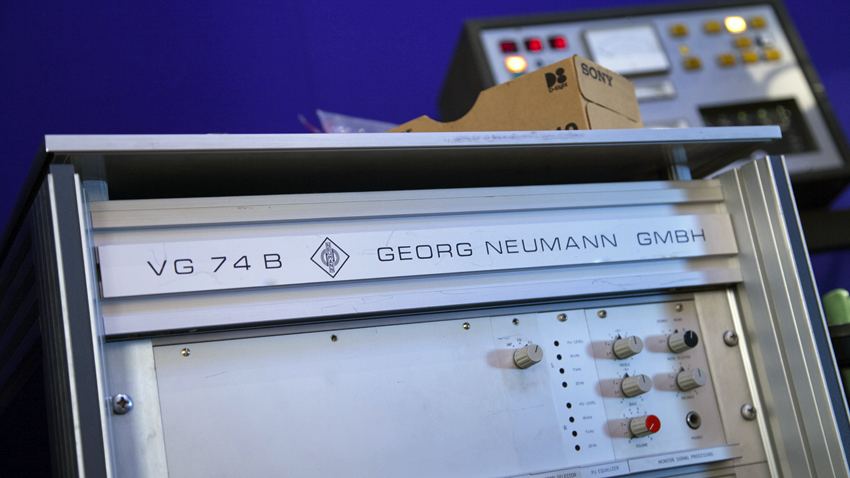
3. Mastering is a rip off!
There are some high-end engineers who charge a fortune, and quite rightly so as they’re the best in the business and have studios with the best equipment available.
There's also a wide range of different mastering studios with varying ranges of experience, equipment, quality of previous work, ability and price. Find one that matches your budget and one you’re happy with.
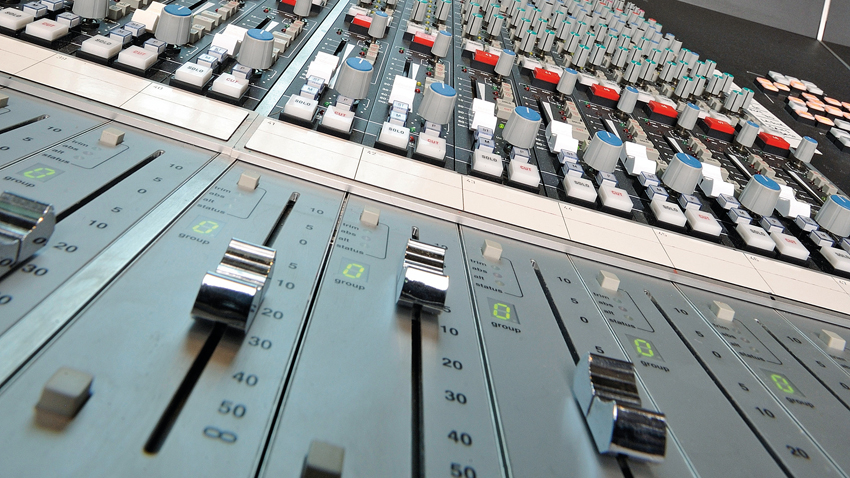
4. I can do just as good a job with my plugins
Don’t look at the plug-in to solve your problems. The plug-in is just a tool. What you’re paying for when you go to a mastering engineer is their experience and judgement on when and how to use the tools available to them.
Good mastering comes down to good decisions and not just having a particular piece of equipment or software. Knowing how and when to use your tools is the essence of mastering. Amazing results are achievable with simple tools if you know what you’re doing. Likewise, you could have the best tools available, but if you don’t know how to use them you won’t produce good results.
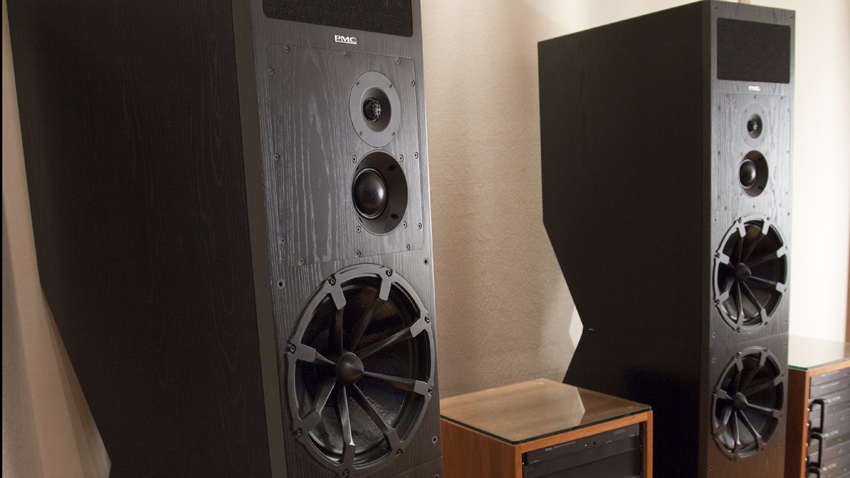
5. The louder the better!
Not true. Loudness is not desirable if you have sacrificed sonic integrity to achieve it. If you smash your songs with compression to make sure they are louder than other tracks, you could be left with music that can feel squashed and tiring to the ears.
Considering the listener will have a volume control on their stereo, loudness is not the overall main goal of a mastered piece of music. Maintaining sonic integrity is much more desirable. Competitive loudness for the genre is what mastering engineers usually aim for, but it’s not true to simply say that a louder song is more desirable than a dynamic song.
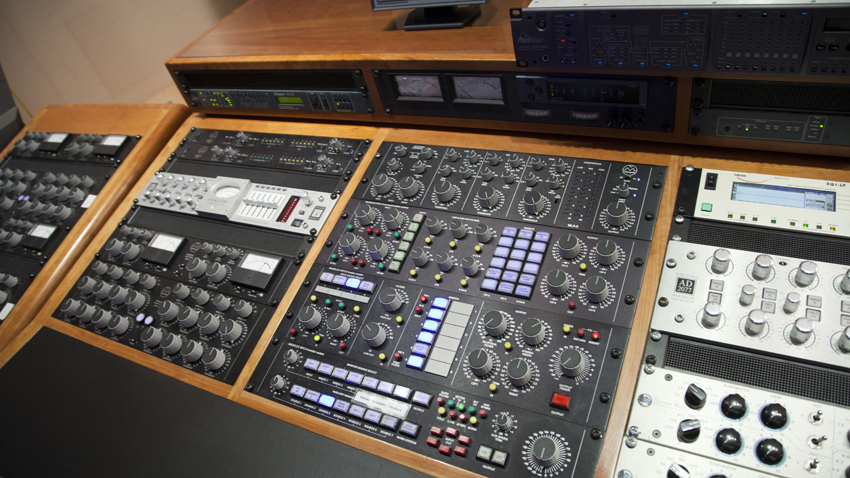
6. You can only achieve a good master by using analogue equipment
Many others would strongly disagree. There's a wealth of incredible digital tools available today but it really comes down to who is using the tools rather than the tools themselves.
A good mastering engineer will use whatever tools they see as fit for the job.That could be digital, analogue or a combination of both. All that matters is that the engineer uses their experience and knowledge, implementing the tools wisely to achieve the desired result, and that the engineer knows the characteristics of their tools well enough to choose what process is right for a particular task.
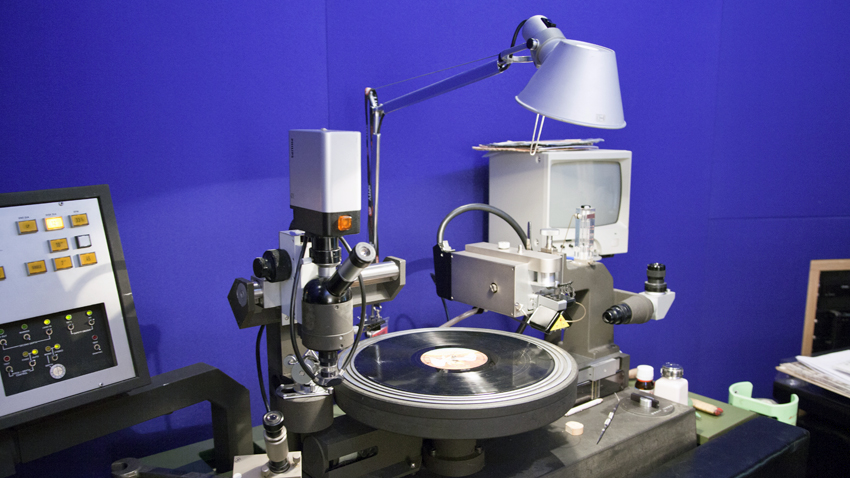
7. You need 'golden ears' to be good at mastering
This myth refers to the mystery of mastering and the fact that people view it as a black art that can only be conducted by people with incredible, sensitive hearing.
While there is truth in the fact that youneed to be fully conscious of what your ears are trying to tell your brain, mastering is something you can LEARN. No one is born with natural abilities to EQ. You learn these techniques through hours and hours of practice. When you become comfortable and confident in your room, and in what your ears are trying to tell you, then you can make decisions very quickly and you can immediately tell if something is ‘too bright’ or bass-heavy. Getting to that stage takes time, so you can learn how to become golden-eared with enough practice.
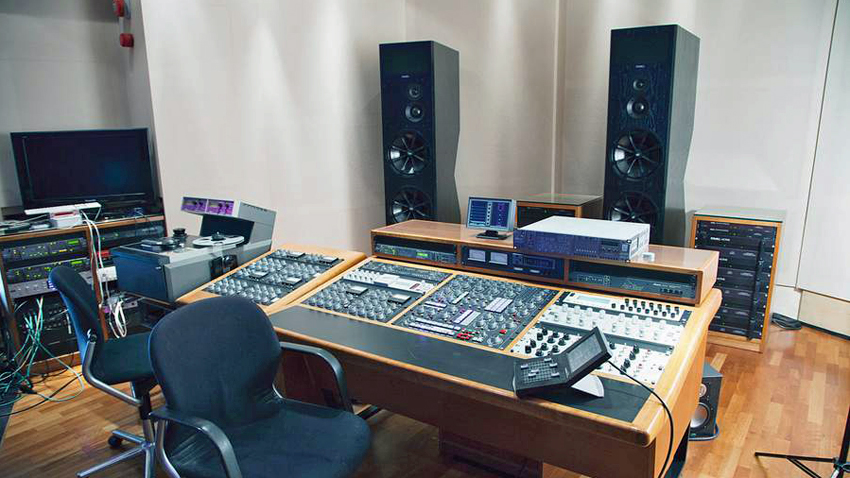
8. Everything must be mastered
Not strictly true, depending on if you're happy with the sound or not in the first place. If you are happy then creatively adjusting the audio with EQ and compression is not helpful.
It depends on the client and their aims for the project. If they are delighted with the mix and see no reason or way to improve it then they might decide to skip mastering and use their version as the final ‘master’. It’s worth remembering that a fresh perspective from an objective and experienced set of ears shouldn’t be underestimated, however.
Future Music is the number one magazine for today's producers. Packed with technique and technology we'll help you make great new music. All-access artist interviews, in-depth gear reviews, essential production tutorials and much more. Every marvellous monthly edition features reliable reviews of the latest and greatest hardware and software technology and techniques, unparalleled advice, in-depth interviews, sensational free samples and so much more to improve the experience and outcome of your music-making.
